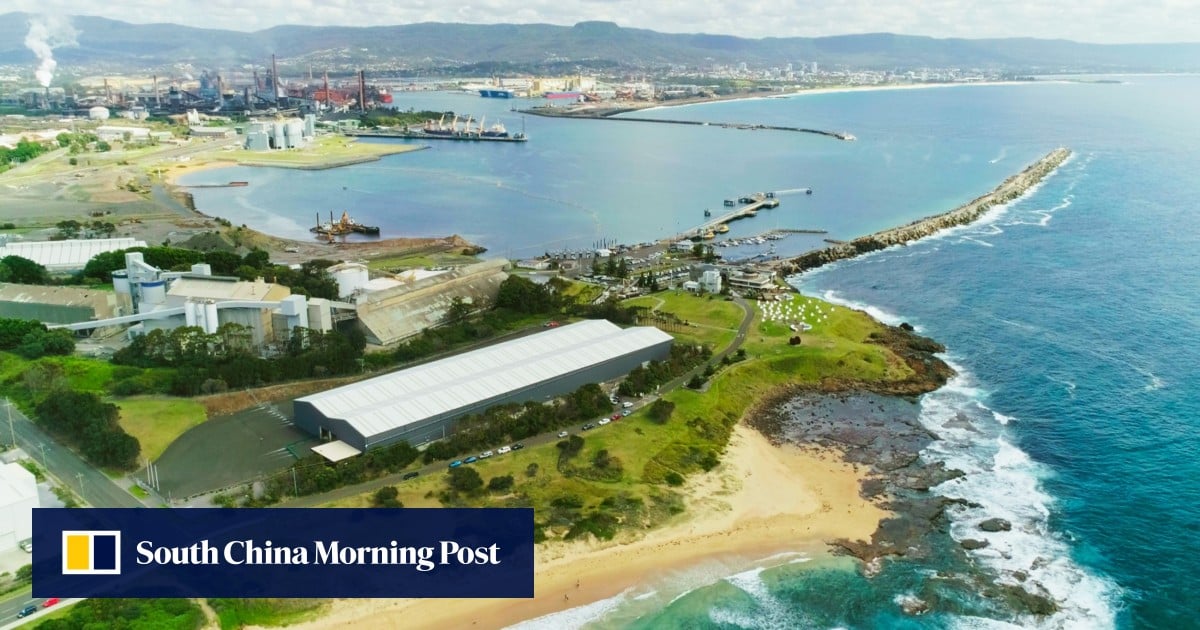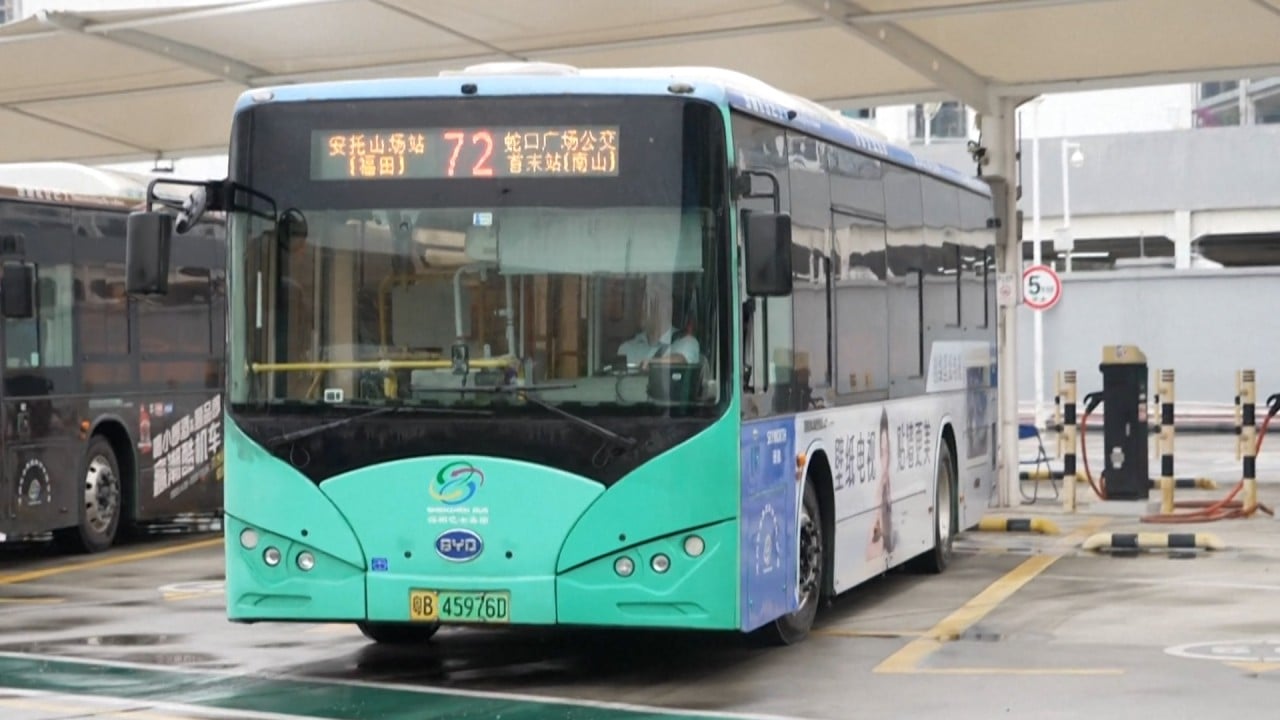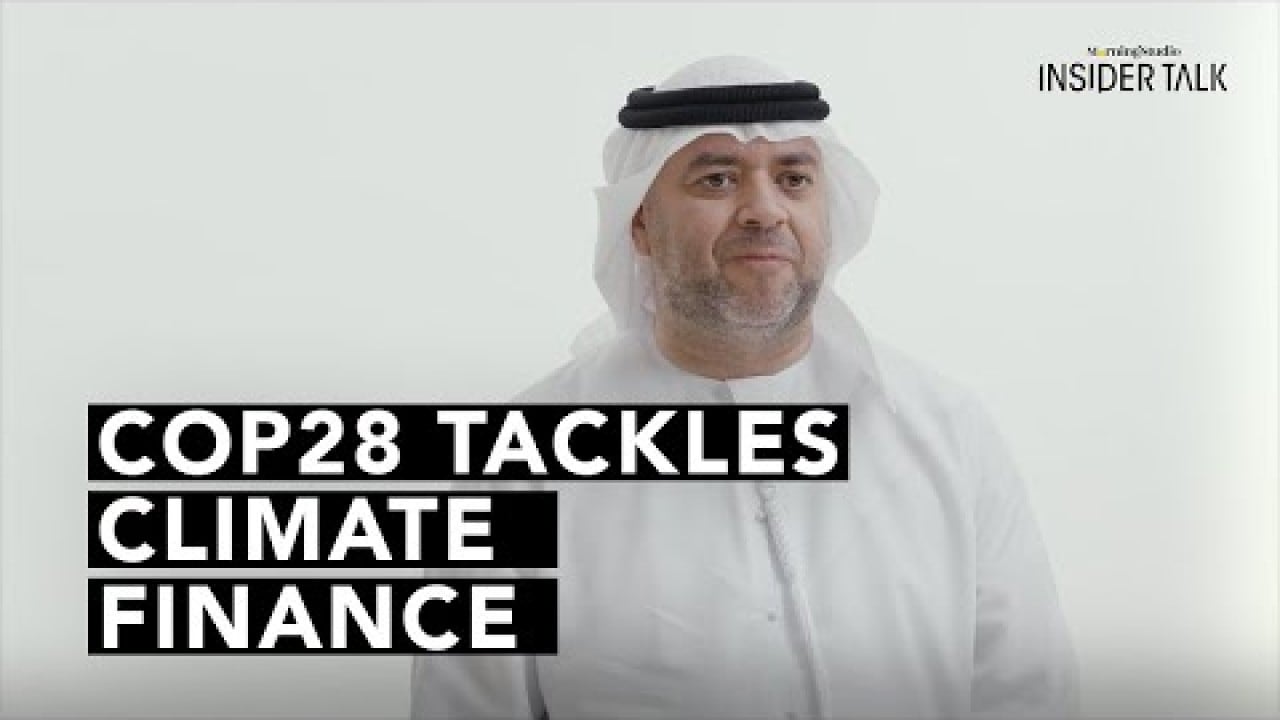“We see hydrogen as a key solution for implementing decarbonisation of hard-to-abate industries such as steel, chemicals and heavy transport,” Alfred Wong, a partner overseeing impact investing at Templewater, said in an interview. “Hysata’s technology can significantly reduce the cost of green hydrogen production.”

New investors including Posco Holdings and IMM Investment Hong Kong have took part in the latest fundraising, Hysata said, while existing investors including IP Group Australia, Vestas Ventures and BlueScopeX also topped up their stakes.
Hysata said it has developed a game-changing modular electrolyser system that is simpler, cheaper and more energy-efficient to run than rival products in the market. Its alkaline capillary-fed system requires only 41.5 kilowatt-hours of electricity to make one kilogram of hydrogen, offering a cost-effective path to mass manufacturing.
Templewater, with US$1.5 billion of assets under management, was co-founded by ex-banker Cliff Zhang and wealth manager Investec Group of South Africa in 2018. Zhang is a former senior deal maker at Chow Tai Fook Enterprises, the family investment holding firm of Hong Kong tycoon Henry Cheng Kar-shun.
It launched its first decarbonisation fund in February, seeking to raise as much as US$300 million by the end of 2025. It will focus on investing in the hydrogen, energy storage and carbon capture, utilisation and storage supply chains. Apart from Hysata, it also invested in Wisdom Motor, a Chinese designer and maker of vehicles powered by both battery and hydrogen fuel-cell.
Come to Hong Kong for hydrogen development, Towngas executive says
Come to Hong Kong for hydrogen development, Towngas executive says
Wong said the decarbonisation fund will invest globally, but will focus on companies in Asia and those in other parts of the world that want to sell their products to or deploy their technology in the region.
Templewater, which led a consortium to buy Hong Kong’s largest bus network from NWS Holdings in 2020, aims to turn its 1,700-odd diesel-fuelled buses into fully zero-emission fleet by 2045.
It has built the city’s first-ever hydrogen refuelling station and is working with the government to test hydrogen fuel-cell buses. Hong Kong’s government is expected to publish its first hydrogen development strategy, covering production, storage, transport, refuelling and adoption, by June 30.
Green hydrogen, produced by using renewable electricity to break water into hydrogen and oxygen, is considered a zero emission fuel because no carbon dioxide is emitted during its production and combustion.
While production by electrolysis was discovered 200 years ago, it is still at the early-stage of commercialisation. Progress was impeded by high costs of renewable energy, which have since fallen in the past decade to levels matching or lower than fossil fuel electricity costs.
Over 90 per cent of the hydrogen produced currently comes from fossil fuels, by reacting natural gas, coal or oil with hot steam.
China is the world’s largest hydrogen producer. Global production of low-emission hydrogen may reach 38 million tonnes in 2030 if all announced projects come on stream, the International Energy Agency said in a report in September. Some 27 million tonnes are facilities that use renewable electricity, while 10 million tonnes are those that use fossil fuels with carbon-capture technology.



